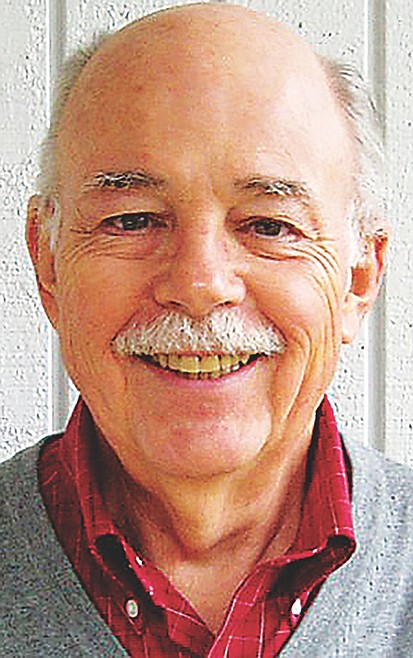The many words for 'old'
In 60 seconds, how many words can you think of that describe an old person? Some are kind, some are disrespectful. All of them likely fall into the trap called “stereotype.” We, old people, are so much more than words can describe.
My two favorite words for old persons are “geezer” and “elder.” “Geezer” has been a negative word for an old man. It actually dates back to the late 15th century, and comes from an obsolete Cockney word, “guiser.” And it means “disguise.” Really?
When I first learned that in 2008, I immediately discarded the grouchy old man image and replaced it with a person (not just a man) who has a hopeful view of the future and lives in the disguise of gray hair and wrinkles. I still hold that image as a very positive reminder that older adults can choose to be hopeful about both the present and the future.
I try to embody that in my work with geezers, always encouraging them to nurture an attitude of positivity, hopefulness, compassion, and all those words we use to put a better personal imprint on our world. The Dear Geezer column and Geezer Forum are just 2 ways I hope that happens. We all can choose to be Geezers-in-Training, always learning something new that we are, or that we can do, or both.
My other favorite word is “elder.” Elder simply means “older adult.” Pretty simple, yet more profound than we might imagine.
Barry Barkan was a pioneer in the area of gerontology. In 1977, he began to develop an approach of working with older people that made a large impact on how elders were perceived by others, and by themselves. He described “elder” in this way:
“An elder is a person who is still growing, still a learner, still with potential, and whose life continues to have within it promise for, and connection to the future. An elder is still in pursuit of happiness, joy and pleasure, and her or his birthright to these remains intact. Moreover, an elder is a person who deserves respect and honor and whose work it is to synthesize wisdom from long life experience and formulate this into a legacy for future generations.”
To me, Barkan’s description of elderhood speaks of a person’s being active in mind, body, and spirit. Well, mind and spirit anyway, even if the body can’t quite keep up.
For some years, I wrote an aging column for the newsletter of the Pacific Northwest Conference of the United Methodist Church. The column’s title was “Nurturing Elders.” It had a double meaning. Sometimes I wrote about what’s involved in other people nurturing elders. Sometimes I wrote about how elders were involved in nurturing other people.
That double meaning is alive and well in Bonner County, friends. Elders are being nourished by others; but they are also very active in nurturing others in our broader community. Both actions are critical to the well-being of who we are in this place, at this time!
A word about the Geezer Forum. At our December Geezer Forum, we made a decision to not have a January forum (It would have happened on Jan. 10). But we will be meeting Feb. 14. Our guest speaker that day will be the new Geriatrician in our community, Dr. Meg Skibitsky. She goes by “Dr. Meg.” What is a Geriatrician? A doctor for old people. But so much more. Mark your calendar and come find out for yourself.
Paul Graves, M.Div., is the lead geezer-in-training for Elder Advocates, a consulting ministry on aging issues. Contact Paul at 208-610-4971 or elderadvocates@nctv.com.

